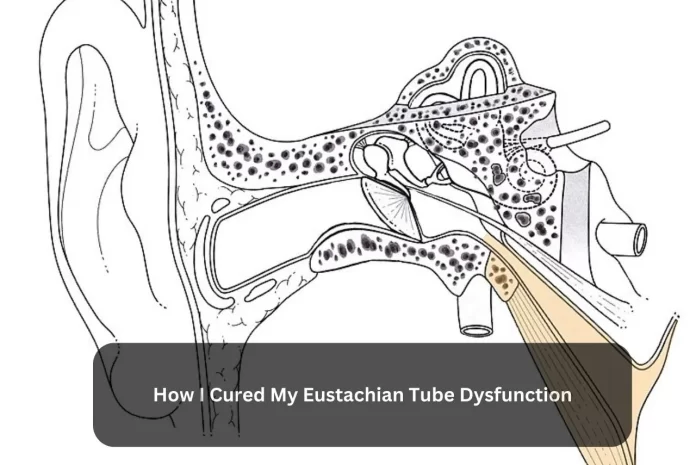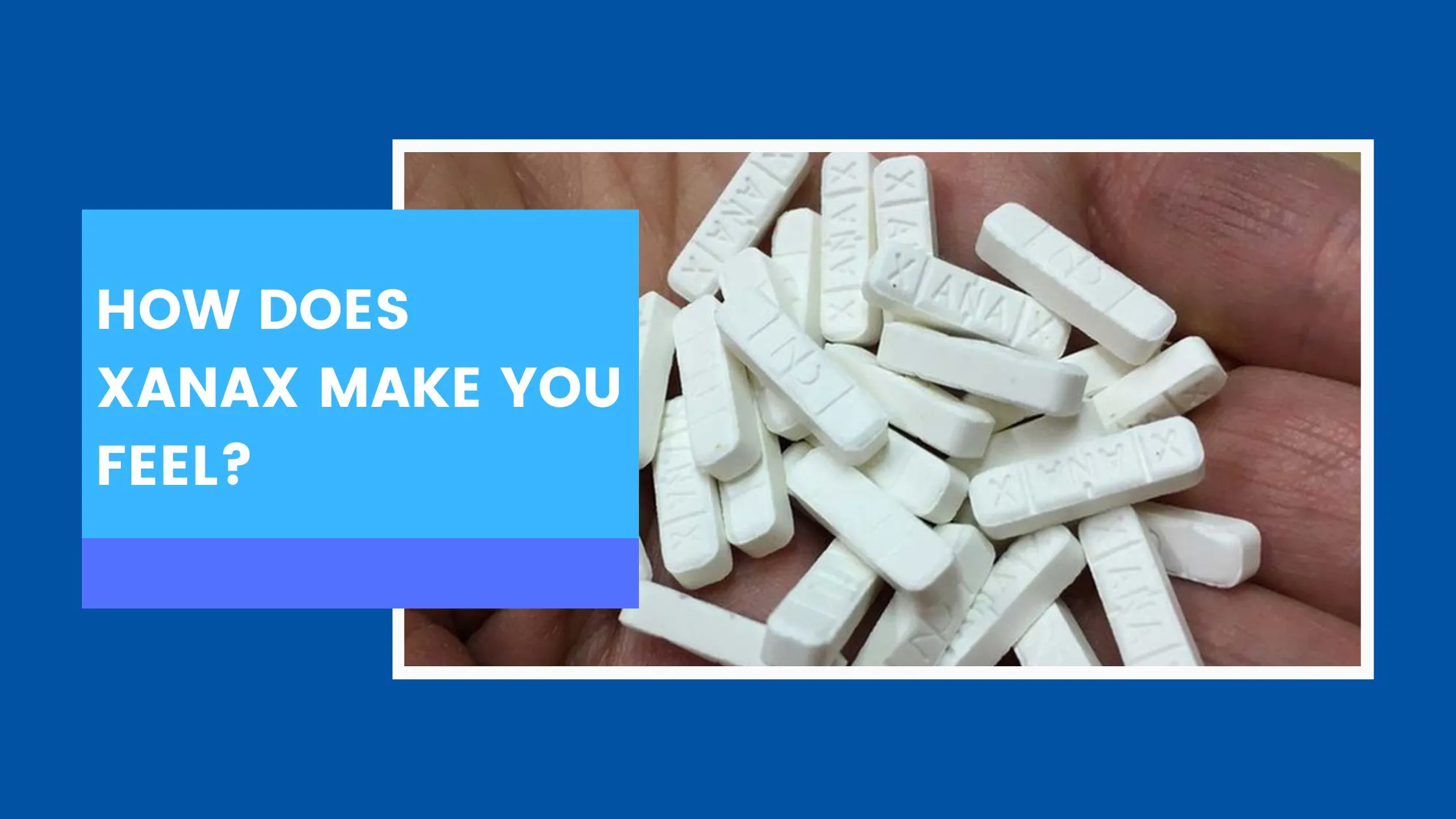Eustachian Tube Dysfunction (ETD) is a condition that affects the middle ear and can cause discomfort, pain, and a feeling of fullness or pressure in the ears. It occurs when the Eustachian tubes, which connect the middle ear to the back of the throat, become blocked or fail to function properly. Living with ETD can be frustrating and disruptive, but the good news is that there are strategies and treatments available to alleviate the symptoms and promote healing. In this article, I will share my personal journey of how i cured my eustachian tube dysfunction and regained my ear health. Please note that while these methods worked for me, it’s important to consult with a healthcare professional for a proper diagnosis and individualised treatment plan.
What is Eustachian Tube Dysfunction?
Eustachian Tube Dysfunction (ETD) occurs when the tubes connecting the middle ears to the throat become blocked or malfunction. This leads to discomfort and a feeling of pressure in the ears.
What are the Types of Eustachian Tube Dysfunction?
Eustachian Tube Dysfunction (ETD) encompasses various types, including patulous ETD, obstructive ETD, and baro-challenge-induced ETD.
- Patulous ETD refers to the condition where the eustachian tubes remain open constantly, causing sound to travel from the nasal cavity to the ears and distorting one’s voice.
- Obstructive ETD occurs when the eustachian tubes fail to open properly, leading to the accumulation of fluid in the middle ear and causing ear pain or pressure.
- Baro-challenge-induced ETD is similar to obstructive ETD, but its symptoms only manifest during altitude changes.
Symptoms & signs of Eustachian Tube Dysfunction (ETD)
Symptoms and signs of Eustachian Tube Dysfunction (ETD) can vary, and individuals may experience several indicators before clear symptoms manifest. Here are some common signs associated with ETD:
- Tinnitus
- Hearing issues
- Continuous popping sounds
- Continuous clicking sounds
- Ear pain resembling an ear infection
- Feeling of fullness in the ears
- Tickling sensation in the ears
- Dizziness
- Vertigo
- Balancing issues
It is worth noting that symptoms of ETD often worsen at higher altitudes, leading to a condition known as barotrauma. Barotrauma can occur during activities such as aeroplane travel, scuba diving, or driving in mountainous regions.
Home Remedies for ETD
Simple home remedies can be effective in managing mild cases of Eustachian Tube Dysfunction (ETD). Here are some methods you can try to alleviate blockage:
- Chew gum
- Yawn
- Swallow
- Valsalva maneuver
- Use a saline spray
If you suspect your baby has ETD, providing them with a pacifier or a bottle to suck on can be beneficial. The sucking motion may help relieve the blockage in their eustachian tubes.
Treatments of Eustachian Tube Dysfunction
Eustachian Tube Dysfunction (ETD) typically does not necessitate treatment, but if symptoms persist for approximately two weeks, it is advisable to seek medical attention.
The treatment of ETD varies based on the severity of the condition and its underlying cause.
There are multiple approaches to treating Eustachian Tube Dysfunction, including the use of medications, home remedies, and, in rare instances, surgical intervention.
Conclusion
In conclusion, how i cured my eustachian tube dysfunction involved a combination of diligent research, lifestyle changes, and expert guidance. By implementing a consistent regimen of nasal exercises, staying hydrated, and incorporating dietary adjustments, I was able to alleviate the symptoms and promote better Eustachian tube function. However, it’s important to recognize that each individual’s experience is unique, and what worked for me might not be universally applicable. If you’re dealing with Eustachian tube dysfunction, seeking professional medical advice is crucial. A healthcare provider can provide tailored recommendations based on your specific condition, ensuring a safe and effective path toward relief and improved ear health.
FAQ
Q1: Can Eustachian Tube Dysfunction be prevented?
Ans: While it may not be entirely preventable, practising good ear hygiene, avoiding irritants, and addressing allergies promptly can help reduce the risk of ETD.
Q2: Can Eustachian Tube Dysfunction lead to complications?
Ans: In some cases, ETD can lead to middle ear infections, hearing difficulties, or retraction of the eardrum. Prompt treatment can help prevent complications.
Q3: Are there any over-the-counter medications for Eustachian Tube Dysfunction?
Ans: Over-the-counter decongestants or antihistamines may help relieve symptoms, but it is advisable to consult a doctor or pharmacist before using them.
Q4: Can Eustachian Tube Dysfunction cause hearing loss?
Ans: In severe cases or prolonged ETD, hearing loss may occur, but it is usually temporary.






